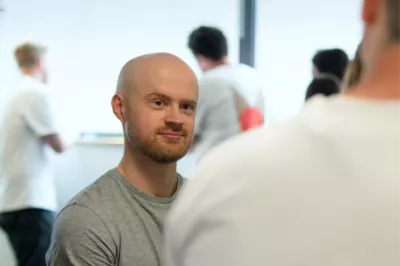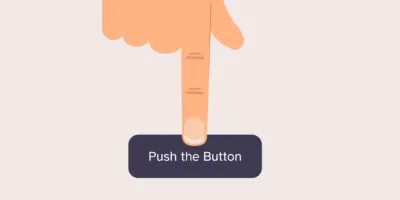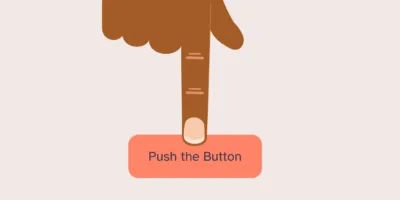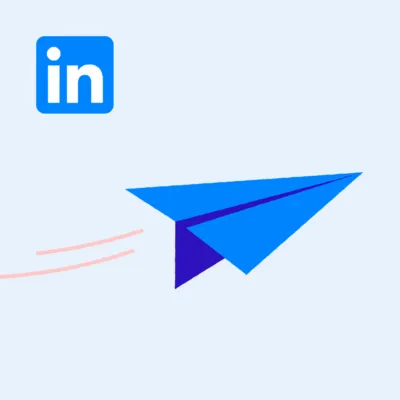27 Mar 2023
12 things I’ve learnt in my first year of being a UX Consultant

2022 was unique in many ways, not least because it was my first year working as a UX consultant. Over the last 12 months I’ve learnt a lot of things, both about being a consultant, and also UX design in general.
-
Henry Bacon
UX Consultant
Henry Bacon
1. At the end of the day, only the user’s voice counts
It’s worth remembering that the only people who can rightly say whether a digital service is well designed or not, are the users. You and other stakeholders may have your own ‘expert opinions’, but ultimately it’s only the user’s opinion that really matters. So spend as much time getting to know them as possible, and make sure they are always at the heart of your design process.
2. Good subject matter experts (SMEs) are a blessing
I’ve found over the last year that having some SMEs that you can keep coming back to, and asking for their thoughts, knowledge, and explanations, is a huge benefit. They usually have years of experience, a deep understanding of how the industry and the business works, and often a pretty good idea of the needs of their customers. So use them well!
3. Keep notes during conversations with stakeholders and SMEs.
It’s easy to remember to keep notes during interviews with users, but the number of times I’ve thanked myself for keeping notes during past conversations with stakeholders or SMEs is huge. Trust me – you’ll thank yourself later.
4. It’s great to ask (what might feel like) stupid questions
In fact, it’s necessary. Don’t feel embarrassed – and even if you do, still go ahead and ask them! You’ll often find that other people are wondering the same thing, and the knowledge you gain is often crucial to understanding other things. For example, at the start of a recent project, everyone was talking about ‘MPANs’. I felt like a bit of a numpty, but I had to ask the room what an MPAN was. They were happy to explain, and from then on, everything else made a lot more sense. I was glad I asked!
5. Being personable is important
In this age of remote working, if people are uncomfortable speaking to a teammate or stakeholder, then it’s never been easier to simply not talk to them. And that creates risks, such as differing expectations, beliefs, or assumptions. Something I’ve learnt to appreciate over the last year is how crucial being personable and building rapport is to successful projects, in ensuring the free flow of open and honest communication.
6. Crazy 8s are fast, fun and fantastic
When ideating, it’s always worth pushing yourself to see how many options you and your teammates can come up with. Crazy 8s are a great way of doing so. They involve each participant designing eight solutions to a problem, and then sharing and discussing those ideas as a team. Even if you all go with the obvious solution that you had in mind from the start, it will be a far more considered decision moving forward.
7. User research is the fuel we run on
User research (usability testing, depth interviews, diary studies, for example) is what separates evidence-based design from pure guesswork. User research doesn’t just help us test solutions – it also shows us the problems we need to be solving in the first place. Without conducting effective and regular user research, the risk of failure (such as wasted time and money) escalates hugely.
8. The more usability testing you do, the better
If you go for long periods of time without checking your designs with your intended users, you can end up slowly drifting further and further away from what they need. To counter this, regular usability tests can keep us on course, and remind ourselves of what is most important to the users.
9. You can start journey testing early on, using just post-it notes
You’ll be surprised by how much insight you can gain, simply by showing users a process written out on post-it notes.
10. ‘How do you feel about that?’ is a great question
A highly useful, non-leading question to ask in a variety of circumstances. I recommend giving it a go!
11. Preparation is critical
So much of what we do comes down to preparation. Whether you’re usability testing, making a presentation, or planning a workshop – all of these demand rock solid preparation. If you do, things have a much better chance of going smoothly.
12. Be prepared to pick up a presentation should your co-presenter’s internet drop out..!
When you are making a group presentation to stakeholders, you need to be prepared to pick up the slides in case one of your co-presenter’s internet drops out. Believe me, it happens!
I hope you found some of these points useful and interesting. I’d love to hear your thoughts and opinions on any of them – please do get in touch.
I’d also like to end by adding one more thing: writing this blog post made me reflect and solidify my thoughts on everything I’ve learnt over the last year. I recommend trying writing if only for that reason!




